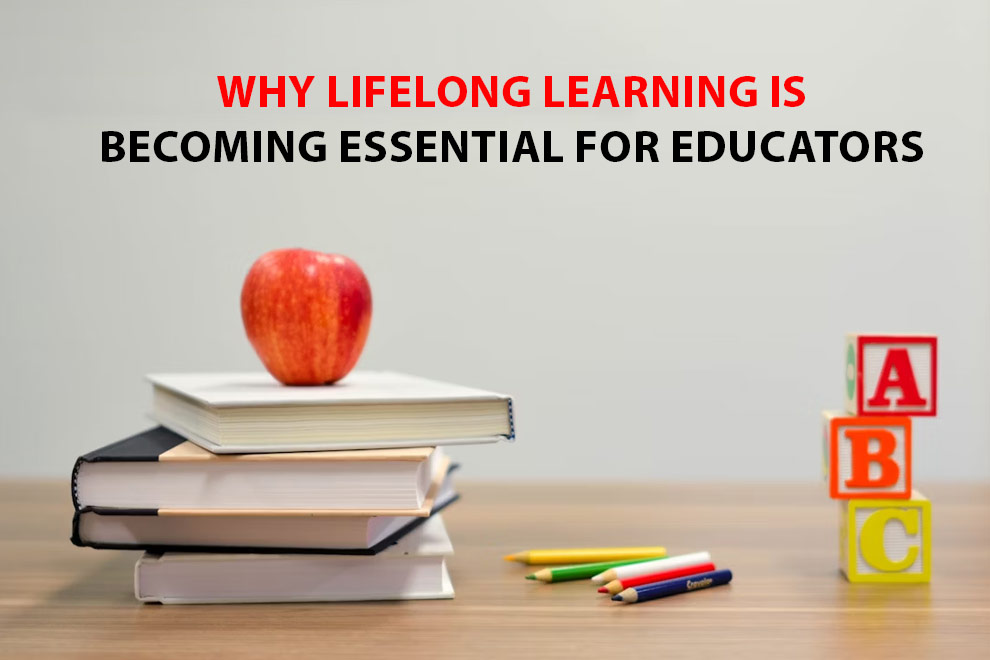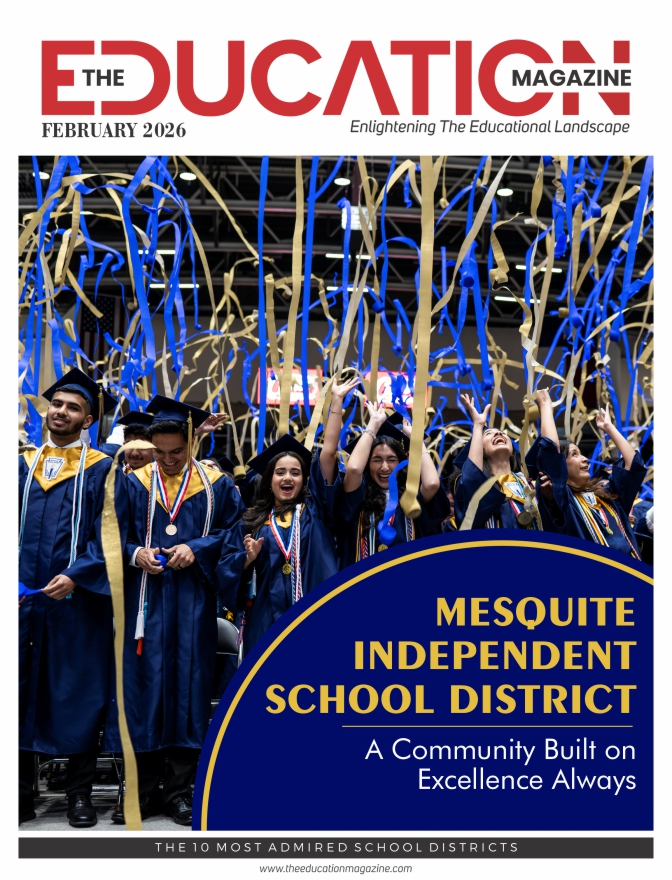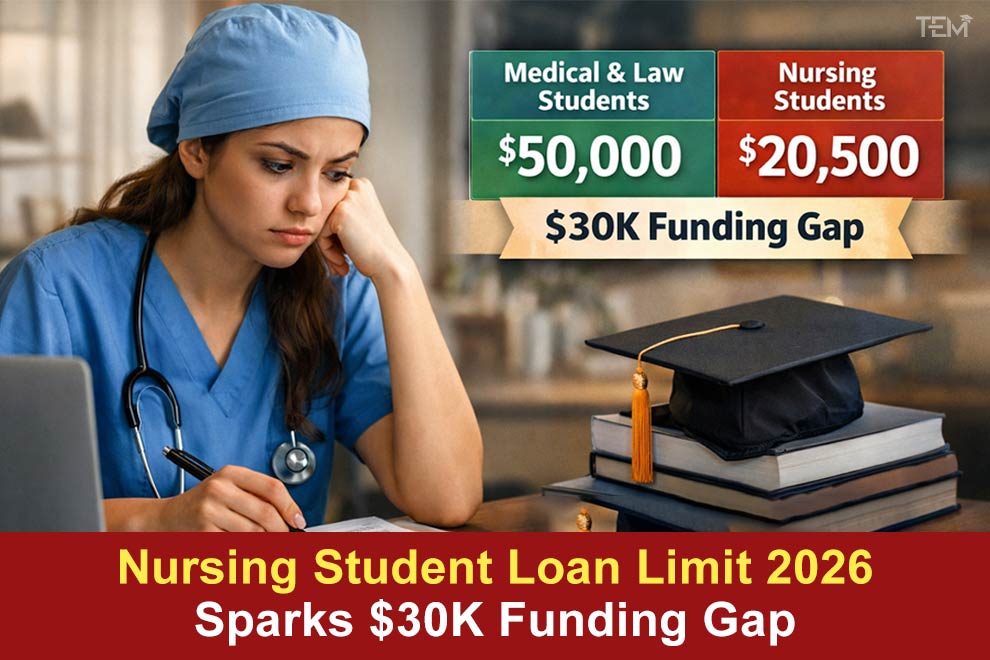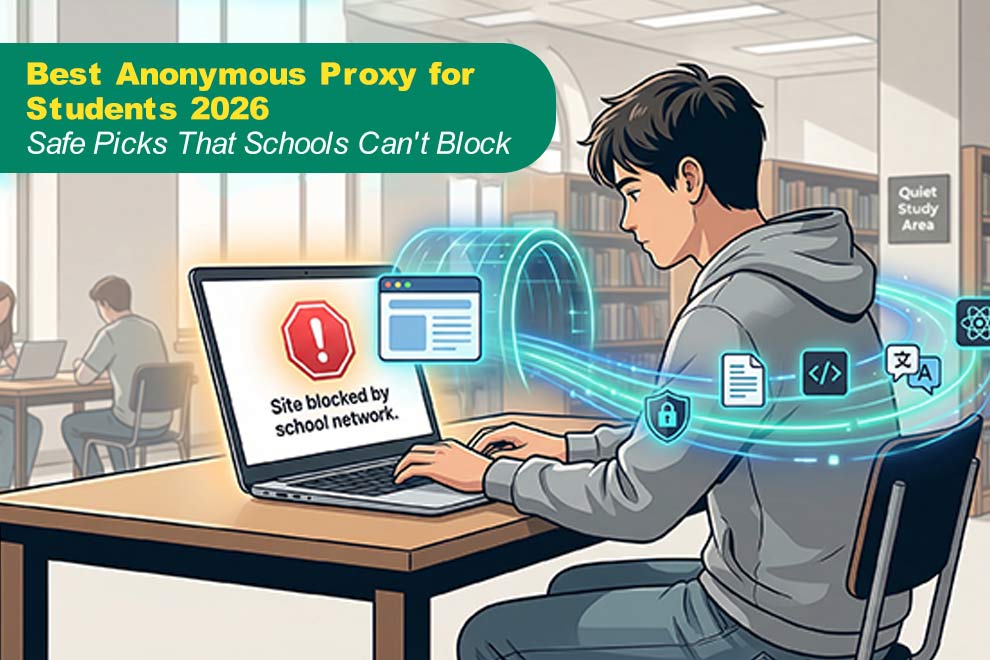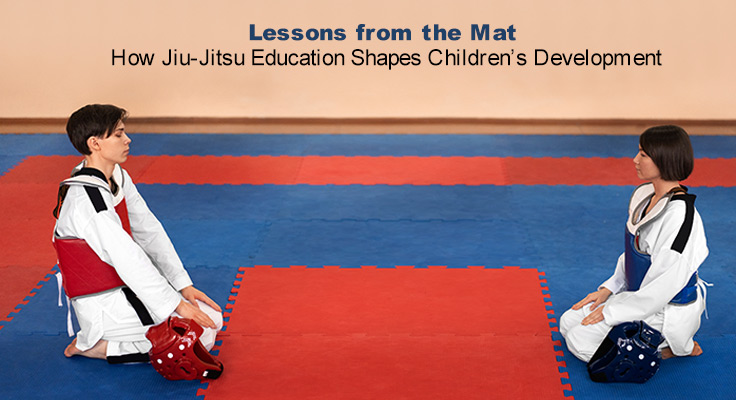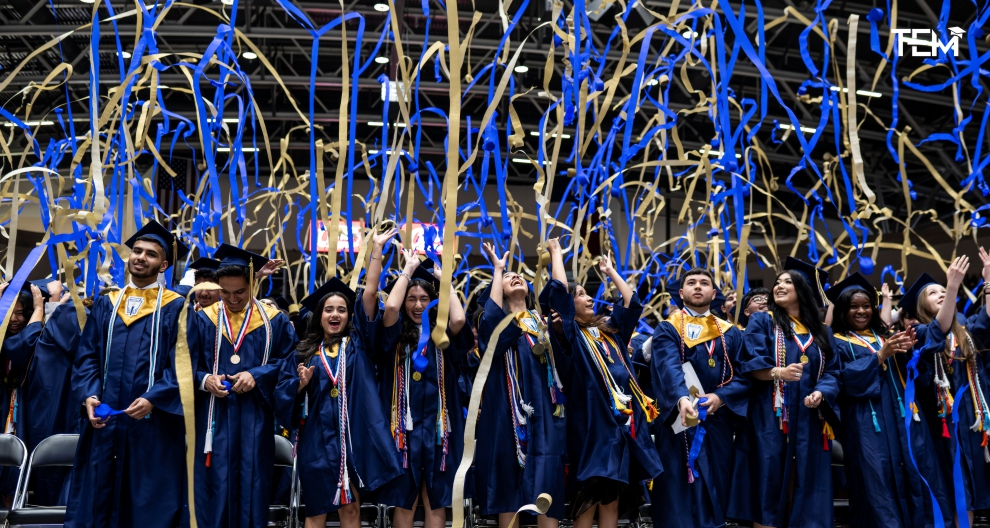Education has always been a foundation for growth and progress, not just for students but for teachers as well. As society evolves and new technologies, teaching methods, and learning environments emerge, educators are finding it increasingly necessary to continue developing their skills beyond initial qualification.
Lifelong learning has become more than just an admirable trait for teachers—it is now a professional necessity. In an era defined by constant change, the ability of educators to stay informed, adaptable, and reflective directly impacts the success of their students and the quality of education as a whole.
The Evolving Role of Teachers
The role of educators today extends far beyond delivering lessons and grading assignments. Teachers are mentors, facilitators, and learners themselves. With the rapid advancement of digital learning platforms and new pedagogical research, the expectations placed upon educators have expanded significantly.
To meet these demands, many professionals turn to continued education, such as online MEd programs, to enhance their expertise and remain relevant in a dynamic educational environment.
These programs offer the flexibility to balance work, study, and personal responsibilities, allowing educators to learn at their own pace without disrupting their teaching careers. Additionally, online education provides access to diverse perspectives and global learning communities, enabling teachers to engage with innovative ideas and teaching practices from around the world.
Lifelong learning allows educators to bridge the gap between traditional teaching methods and modern educational needs. It fosters adaptability and encourages teachers to embrace innovation, which is vital for engaging students who are growing up in an increasingly digital and interconnected world.
Adapting to Technological Advancements
Technology has transformed the classroom into a more interactive and inclusive space. From digital whiteboards to virtual classrooms and personalized learning software, the integration of technology has redefined how lessons are delivered and how students engage with content. To harness these tools effectively, educators must stay updated with technological trends and learn how to integrate them into their teaching methods.
Lifelong learning ensures that teachers can confidently use these tools, not as replacements for traditional teaching but as enhancements that enrich the learning experience. When educators continually develop their digital literacy, they can create more engaging and equitable learning opportunities.
Meeting Diverse Learning Needs
Today’s classrooms are more diverse than ever before. Students come from varied cultural, linguistic, and socio-economic backgrounds, each bringing unique learning needs and experiences. Lifelong learning empowers educators to recognize and adapt to this diversity through inclusive teaching strategies, differentiated instruction, and culturally responsive training.
Continuous professional development helps teachers learn new approaches for managing diverse classrooms effectively. It also equips them to support students with learning differences, ensuring that all learners are given equitable opportunities to succeed.
Responding to Changing Educational Standards
Education systems around the world are constantly evolving, with new standards, curricula, and assessment models being introduced regularly. Lifelong learning enables teachers to stay aligned with these changes and maintain compliance with updated professional expectations.
Teachers who actively engage in continuous learning are better positioned to interpret new policies, integrate revised frameworks, and apply innovative assessment methods. This not only improves their classroom effectiveness but also enhances their professional credibility. Staying up to date with evolving standards also helps educators better prepare their students for future challenges, ensuring that teaching practices reflect modern realities.
Enhancing Professional Growth and Leadership
Lifelong learning is not only about classroom competence; it is also a pathway to professional growth. As educators expand their knowledge and skills, they open doors to leadership opportunities within their institutions and the broader education community.
Whether through mentoring new teachers, leading curriculum design initiatives, or contributing to educational research, lifelong learners naturally evolve into thought leaders.
Continuous learning encourages self-reflection, allowing teachers to evaluate their practices, recognize areas for improvement, and celebrate their successes. This reflective mindset nurtures confidence and motivation, leading to a greater sense of fulfillment in their careers. In turn, this personal growth positively influences students, who benefit from teachers who are passionate, informed, and innovative.
Encouraging a Culture of Curiosity in Students
One of the most powerful aspects of lifelong learning is the example it sets for students. When educators model curiosity and a genuine love for learning, they inspire similar attitudes in their students. This creates a culture of inquiry, resilience, and self-improvement within the classroom.
Students are more likely to adopt growth mindsets when they see their teachers actively learning, exploring new ideas, and adapting to challenges. Lifelong learning, therefore, becomes a reciprocal process—teachers grow to better serve their students, and in turn, students become more motivated to embrace continuous learning themselves.
Coping with the Emotional and Mental Demands of Teaching
Teaching is both rewarding and demanding. The emotional and cognitive effort required to meet students’ needs can sometimes lead to burnout or stagnation. Engaging in lifelong learning provides educators with new perspectives, renewed enthusiasm, and strategies to maintain well-being.
Learning new skills or pursuing advanced qualifications can reinvigorate a teacher’s sense of purpose. It reminds them why they entered the profession and how their growth directly contributes to shaping future generations.
Preparing for the Future of Education
The landscape of education continues to shift rapidly. Emerging technologies like artificial intelligence, adaptive learning systems, and virtual reality are reshaping how students learn and how teachers teach. Lifelong learning enables educators to not only keep pace with these changes but also to anticipate and lead them.
By continuously upgrading their skills, teachers remain agile in responding to future educational trends. This agility ensures they can adapt to shifts in curriculum design, learning environments, and student expectations. As education becomes more interdisciplinary and globally connected, lifelong learners will play a crucial role in shaping the direction of teaching and learning in the years to come.
The Continuous Journey of Growth
For educators, learning is not a phase but a journey that spans an entire career. Lifelong learning empowers teachers to remain relevant, effective, and inspired. It helps them evolve alongside their students, ensuring that education remains dynamic, inclusive, and forward-thinking.
The pursuit of continuous development is a commitment to excellence—both personal and professional. When teachers invest in their growth, they not only elevate their own practice but also enrich the educational experiences of countless learners.
Also Read: Top eLearning Content Development Companies in 2025
